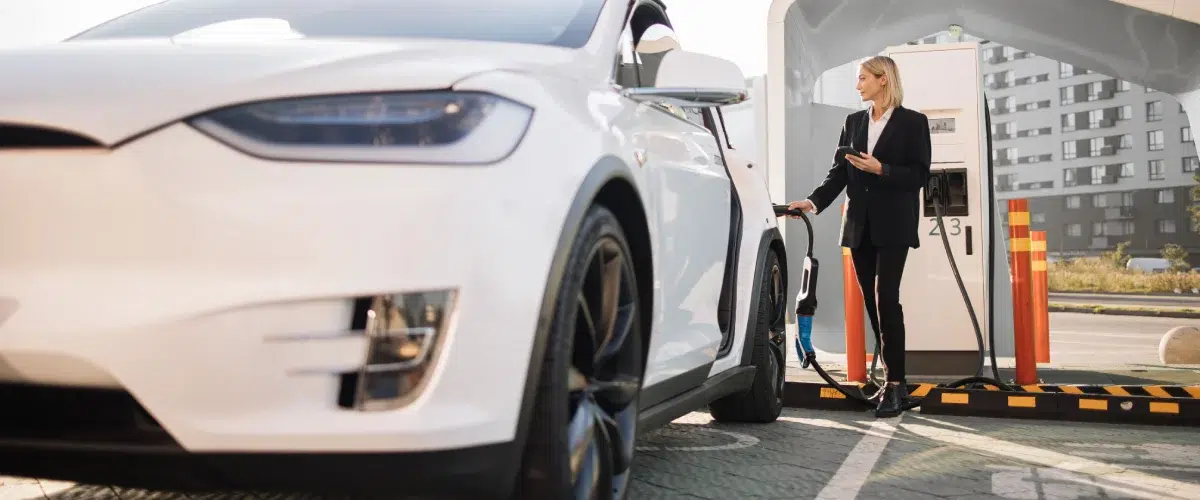
The electric vehicle (EV) tax credits have undergone significant changes that could impact your eligibility and the amount you can claim on your taxes. Burton McCumber & Longoria, specializing in tax services, delves into these updates to ensure you’re fully informed and prepared to leverage these benefits on your 2023 federal income tax return and beyond.
The Inflation Reduction Act’s Impact on EV Credits
The Inflation Reduction Act (IRA), enacted in late 2022, introduces a refreshed tax credit system for electric vehicles purchased in 2023. However, it also imposes restrictions on high-income taxpayers, potentially disqualifying them from the credit. If you’re contemplating an EV purchase in 2024, the good news is you might not have to wait until filing your 2025 tax return to enjoy the tax benefits, thanks to the possibility of an immediate tax discount at the time of purchase.
Understanding Pre-IRA EV Tax Credits
Before the IRA’s implementation on January 1, 2023, EV and hybrid plug-in buyers could claim a tax credit up to $7,500, with the vehicle needing to meet certain criteria, including a gross vehicle weight rating (GVWR) of less than 14,000 pounds. Notably, the vehicle’s price did not influence the credit amount, and the benefit was exclusively available to the original purchasers of new vehicles. The credit faced a phaseout once a manufacturer sold 200,000 qualifying vehicles, affecting popular models from Tesla and GM.
IRA Changes: A Closer Look
With the IRA, the clean vehicle credit sees several adjustments for 2023 onwards. The maximum $7,500 nonrefundable credit remains, but with new qualifications and limits extending to 2032. Importantly, eligibility now includes income caps and vehicle price limits, alongside the requirement for vehicles to be assembled in North America and to utilize domestically sourced battery materials. This shift aims to bolster the U.S. EV market while ensuring broader tax equity.
The Clean Vehicle Credit for Used EVs
Expanding the scope of tax benefits, the IRA also introduces a credit for used EV purchases. This addition opens the door for more taxpayers to embrace electric vehicles by offering a credit up to $4,000, subject to specific conditions. It’s a significant step toward making electric vehicles more accessible and affordable for a wider audience.
Accelerating Benefits into 2024
A groundbreaking feature starting in 2024 allows buyers to apply the credit directly at the point of sale, reducing the purchase price or receiving an instant cash rebate from participating dealerships. This instant benefit underscores the government’s commitment to accelerating the transition to cleaner transportation options, though it comes with stringent eligibility checks and a dramatically shortened list of qualifying vehicles due to stricter requirements.
Complexity with Professional Tax Services
The intricacies of the new EV credit rules can be daunting, filled with potential pitfalls and opportunities alike. Whether you’re aiming to claim a tax credit for a new or used EV, understanding these regulations is crucial. Burton McCumber & Longoria, your go-to provider for tax services, is here to guide you through these changes, ensuring you maximize your tax benefits while staying compliant.
Given the complexities of these tax credits and the evolving nature of tax legislation, consulting with a tax professional from Burton McCumber & Longoria is more important than ever. Our expertise in tax services can help you navigate the new EV credit landscape, ensuring you fully benefit from these incentives while adhering to the latest tax laws.
To learn more about how these changes may affect your tax situation or to explore other tax planning and preparation services, contact Burton McCumber & Longoria today. Our team is ready to provide the insight and support you need to make the most of your tax opportunities.
Recent Comments